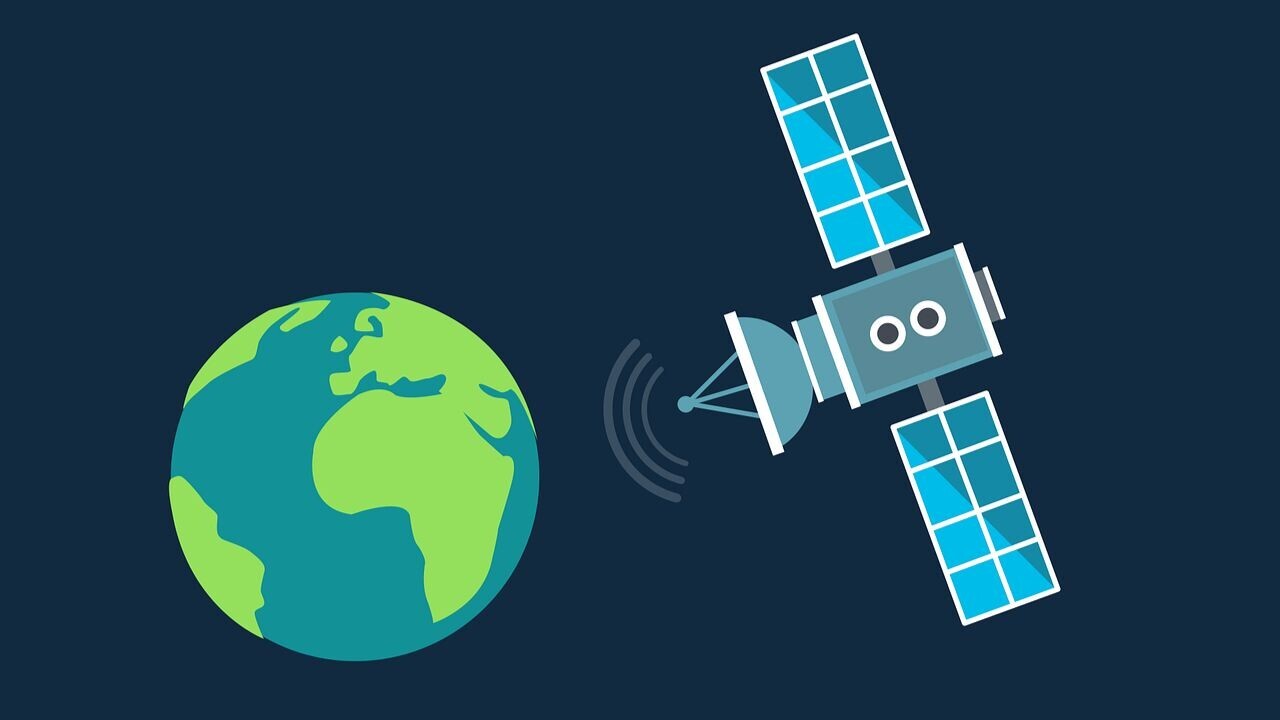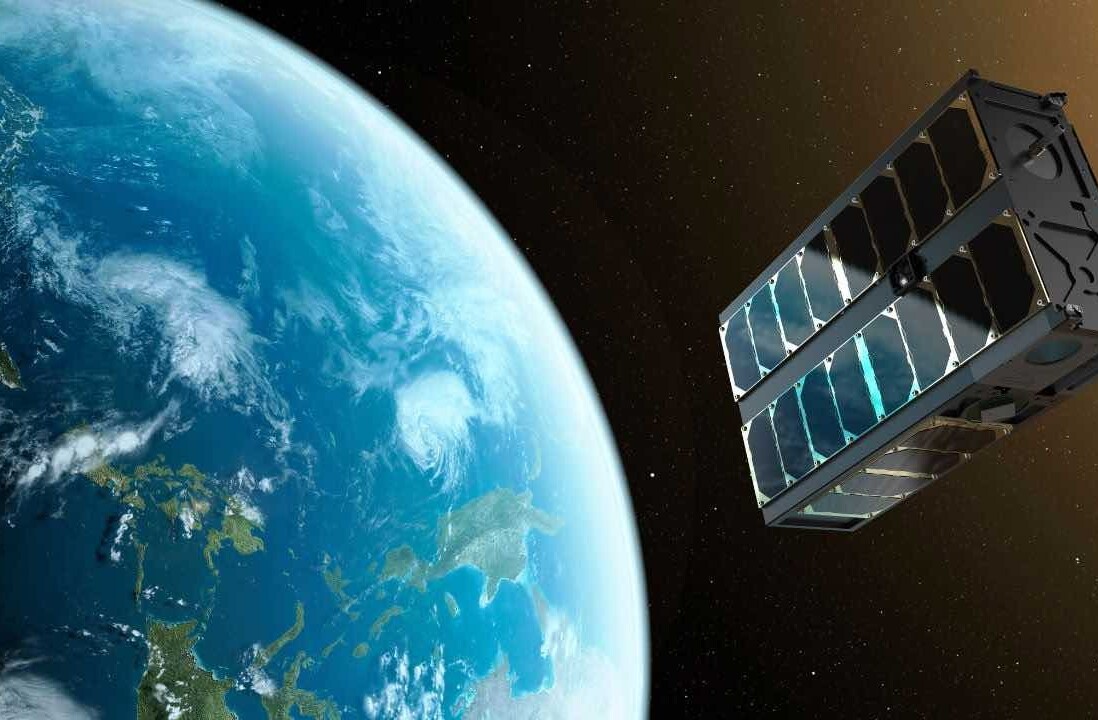
A German satellite that will test new AI technologies in orbit for automatic detection of anomalies on planets and asteroids is set for launch.
Despite its ambitious mission, the so-called SONATE-2 is a six-unit cubesat, a type of nanosatellite that’s no bigger than a shoebox. It was designed and built by a team led by aerospace engineer Professor Hakan Kayal from Julius-Maximilians-Universität (JMU) Würzburg in Germany.
According to Kayal, projects of this sort are quite uncommon. “What is unique about our mission is that the AI is trained on board. Normally, this training is done on Earth with powerful computers,” he said.
“Let’s assume that a small satellite is to investigate a new asteroid in the solar system in the future,” Kayal explained. “It cannot be trained for this task on the ground, because the object of investigation is largely unknown.”
In typical scenarios, this would mean that data collected from space would need to be sent back to Earth and then be used to train the AI remotely — which is a lengthy process for long-distance missions. But a higher level of autonomy supported by AI on board would be much more efficient.

The team will initially test SONATE-2 in Earth orbit. To help train the AI, the satellite features four cameras that will provide images directly. The model will first learn about conventional geometric patterns on the Earth’s surface, so it can find anomalies on its own.
The mission will also test a number of other small satellite technologies, including a system for the automatic detection and recording of lightning as well as an electric propulsion system.
In lack of a European launcher, SONATE-2 will take off aboard a SpaceX rocket in March 2024, and is expected to be operational for at least one year. The project is funded by Germany’s Federal Ministry of Economic Affairs with €2.6mn.
Launches of nanosatellites as a testbed of new technologies have been gaining traction recently, aiming to advance intelligent systems for use both in space and on the ground. These include Open Cosmos’ Menut, with the mission to monitor and fight the impact of climate change on our planet, and Estonia’s ESTCube-2, tasked with deploying plasma brake technology to deorbit satellites faster and reduce space debris.
Get the TNW newsletter
Get the most important tech news in your inbox each week.





